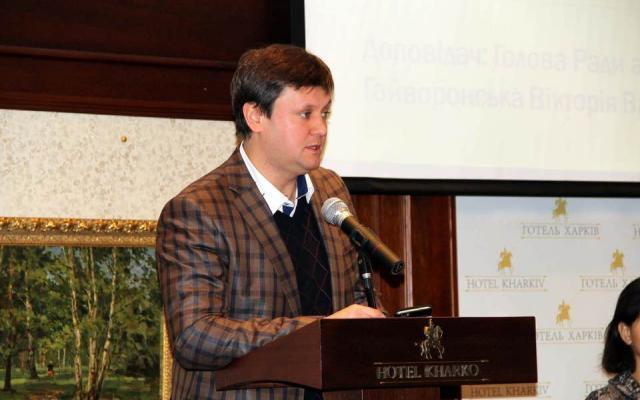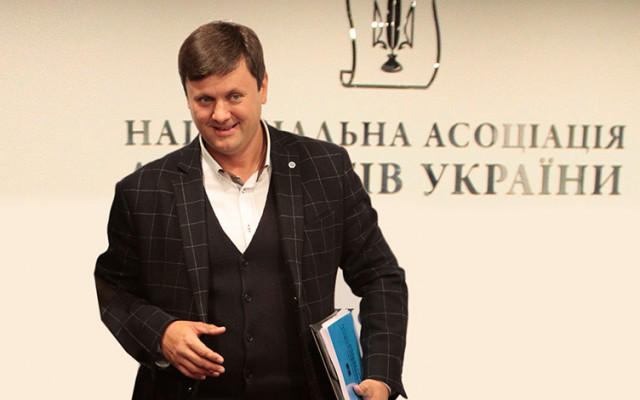
Home quote
ECHR has stated that the delay and avoidance of medical care provision in the shortest time possible that meets the needs of the victim shall be considered as non-provision of medical care.
Publications
Responsibility for untimely provision of medical care: domestic and European practice
Paragraph 7 of the European Charter of Patients’ Rights guarantees that each individual has the right to receive necessary treatment within a swift and predetermined period of time. This right shall be ensured at each stage of treatment, regardless of the patient’s identity. Let’s consider how it is interpreted in domestic and European judicial practice.
When every minute counts…
It will be recalled that before taking up professional duties every doctor in Ukraine takes an oath. Its text is fixed by the Decree of the President “On the Doctor’s Oath” of June 15, 1992.
In their actions and thoughts the doctors shall inevitably follow the principles of common to mankind morals, be unselfish and considerate to patients, acknowledge their mistakes, worthily continue the noble traditions of modern world medicine. An integral part of the oath is the obligation to provide medical care to anyone, who needs it.
The patient’s right to the treatment corresponds to the doctor’s duty to provide medical care without delay. The category of time in medical practice plays a critical part. After all, every minute, even a second, can become decisive and lead to irreversible consequences.
Inhuman treatment
The issue of violation of the patient’s right to timely medical care was repeatedly considered by international judicial authorities. In particular, in case of Oshurko vs. Ukraine of September 8, 2011 the judgment of the European Court of Human Rights recognized the violation of Article 3 of the Convention for the Protection of Human Rights and Fundamental Freedoms in the light of circumstances as follows.
The claimant was detained on suspicion of committing a crime. Subsequently, a preventive measure was taken in a form of detention, and on April 12, 2003 he was put in a temporary detention facility in a cell with three other persons: K., a former boxer D. (known as Dach) and repeatedly convicted I. (known as Sova), an opium addict who suffered from tuberculosis and borderline personality disorder.
It was found that on the same day the claimant was brutally beaten by Sova and Dach. As a result, he received numerous severe bodily injuries and lost sight of both eyes.
At the same time, according to the claimant, the irreparable consequences for his sight were primarily due to the absence of compulsory medical intervention. After all, he was able to undergo a medical examination no earlier than in the afternoon on the same day and around 11:00 am on the following day. The doctors have reported twice to the employees of the detention facility about the claimant’s severe health condition and the fact that he needed medical care. However, the claimant received it with a significant delay of more than 48 hours after the incident, when his parents took him to the hospital.
In the light of circumstances of this case, the ECHR stated that the delay and avoidance of the provision of medical care in the shortest time possible, which would meet the needs of the victim, shall be considered as non-provision of medical care. Therefore, the European Court has found that the claimant was subjected to inhuman and degrading treatment, which is prohibited by Article 3 of the Convention.
Wrong diagnosis
The duty of the doctor to provide medical care is stipulated in the Decision of the High Specialized Court for Civil and Criminal Cases dated 18.11.2015. It is known from the facts of the case that the physician, violating the approved duty schedule, in an oral arrangement with the Head of the Pediatric Department, took up duty instead of his colleague. During the shift a child was taken to the hospital, which at the time of hospitalization was poisoned by coumarin derivatives.
The girl was examined by duty doctor. He, as stated by the High Specialized Court, “not foreseeing the possibility of socially dangerous consequences, although he was supposed to and could have foreseen them, that is, acting in a criminal negligence and violating his professional duties of a doctor, abusing his authority and demonstrating incompetence, has cursorily and formally examined a patient who needed medical care, poorly and not fully investigated the history of her disease, and, as a result, made an incorrect diagnosis that did not have any objective clinical and laboratory substantiation”.
This wrong diagnosis made it impossible to provide timely medical care that led to the death of a child. Therefore, the High Specialized Court upheld the verdict of the Court of Appeal, and hasn’t satisfied the cassation appeal.
Duty to save lives
Being a doctor is not about holding position that involves the formal fulfillment of duties. This is primarily a calling motivated by a sincere desire to help everyone who is in need of medical services. The higher the level of the doctor’s legal culture, the higher the quality and effectiveness of treatment and prevention services provided to citizens.
The particular challenge of this profession lies in the highest degree of responsibility to society, as well as in the absence of the right to make mistakes. The patient can be taken to hospital at any time of the day or night, and the doctor has no right to refuse to provide medical care.
All subjective factors (personal ill-feeling, fatigue, unwillingness, bad mood, etc.) should be automatically put on the back burner. The doctor is obliged to concentrate and immediately start saving a person’s life, since procrastination can lead to irreversible consequences — the patient’s death.
This article was published in the Zakon i Biznes Newspaper.Other publications author

Publication
Oleksandr Drozdov: “The substantial understanding of Сonventional guarantees by judges and lawyers must replace the mode of just referring to t…
Author: Alexander Drozdov

Publication
Responsibility for untimely provision of medical care: domestic and European practice
Author: Alexander Drozdov
Publications

Ihor Kolesnykov A BRIEF SUMMARY REGARDING THE APPLICATION OF THE ORDER ON EXTENDED CONFISCATION IN LATVIA REGARDING FINANCIAL ASSETS OF…

Valentyn Gvozdiy WORKING IN A WAR ZONE

Lydia Izovitova Formula of perfection

Sergiy Vylkov Our judicial system is so built that courts do not trust advocates

Iryna Vasylyk Advocacy in the proclamation of Independence of Ukraine

Oleksandr DULSKY When we cross the border of the Supreme Anti-Corruption Court, we get into another department of the National Anti-Corruption…

Vadym Krasnyk The UNBA will work, and all obstacles and restrictions are only temporary inconveniences

Lydia Izovitova Interview with Lydia Izovitova on the occasion of the 8th anniversary of the founding of UNBA: We are the voice of t…
